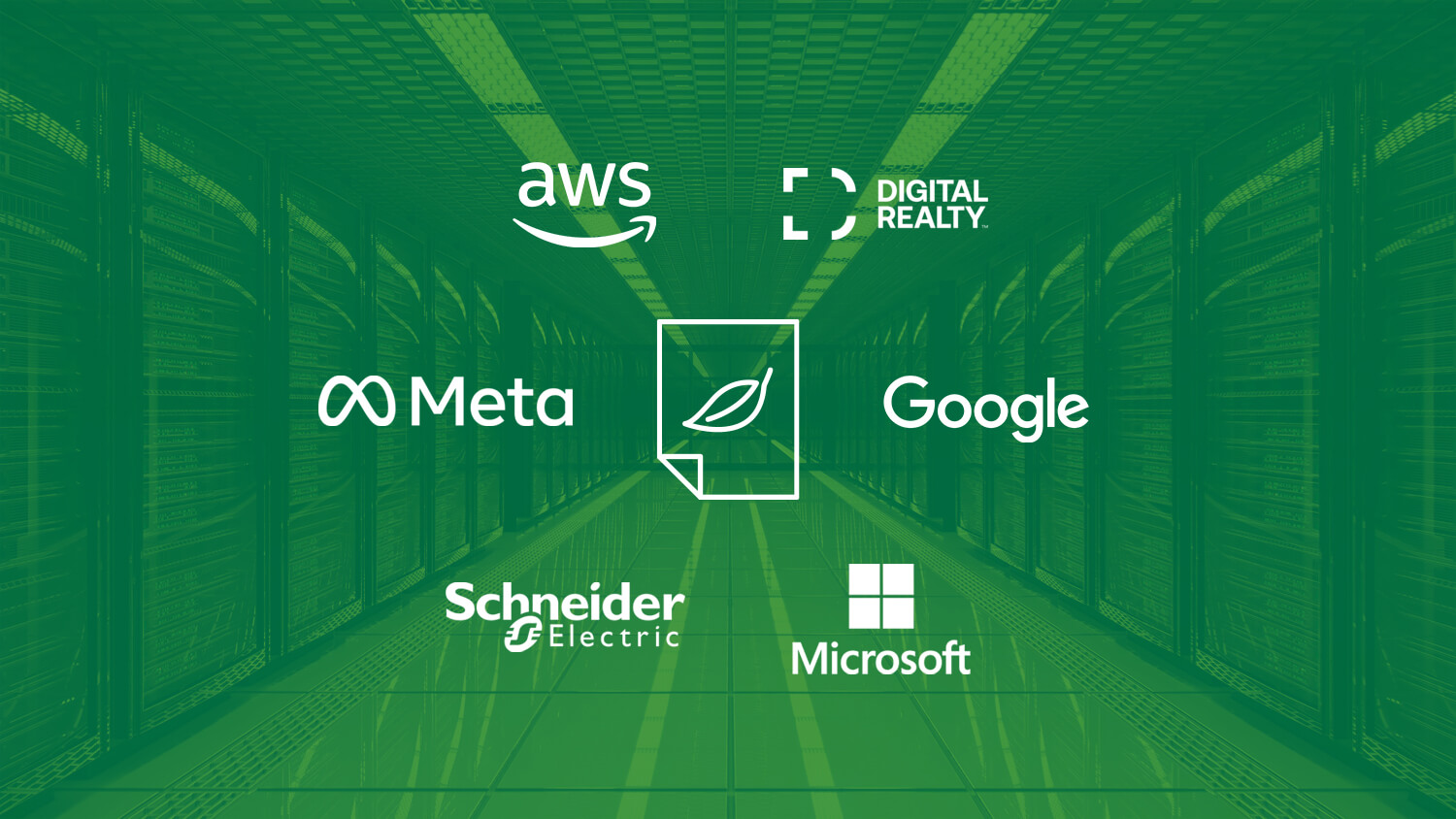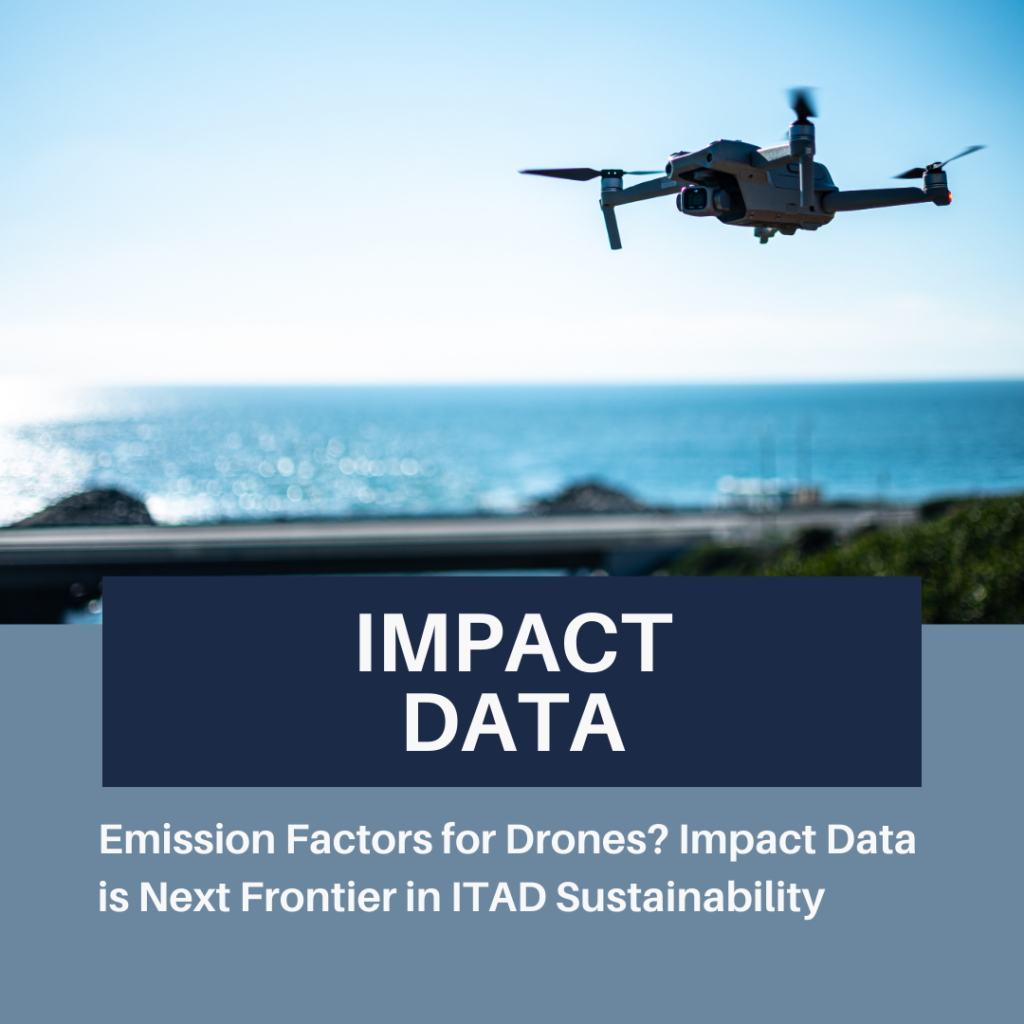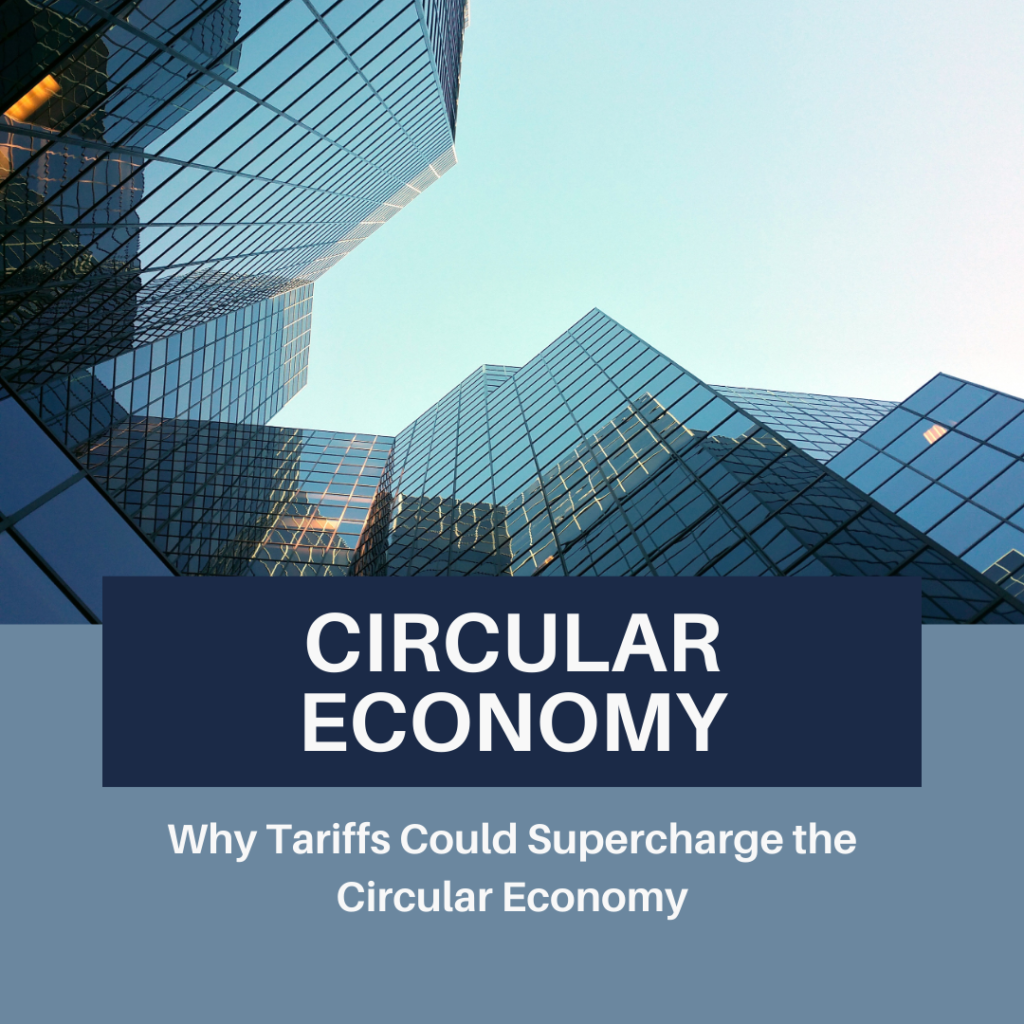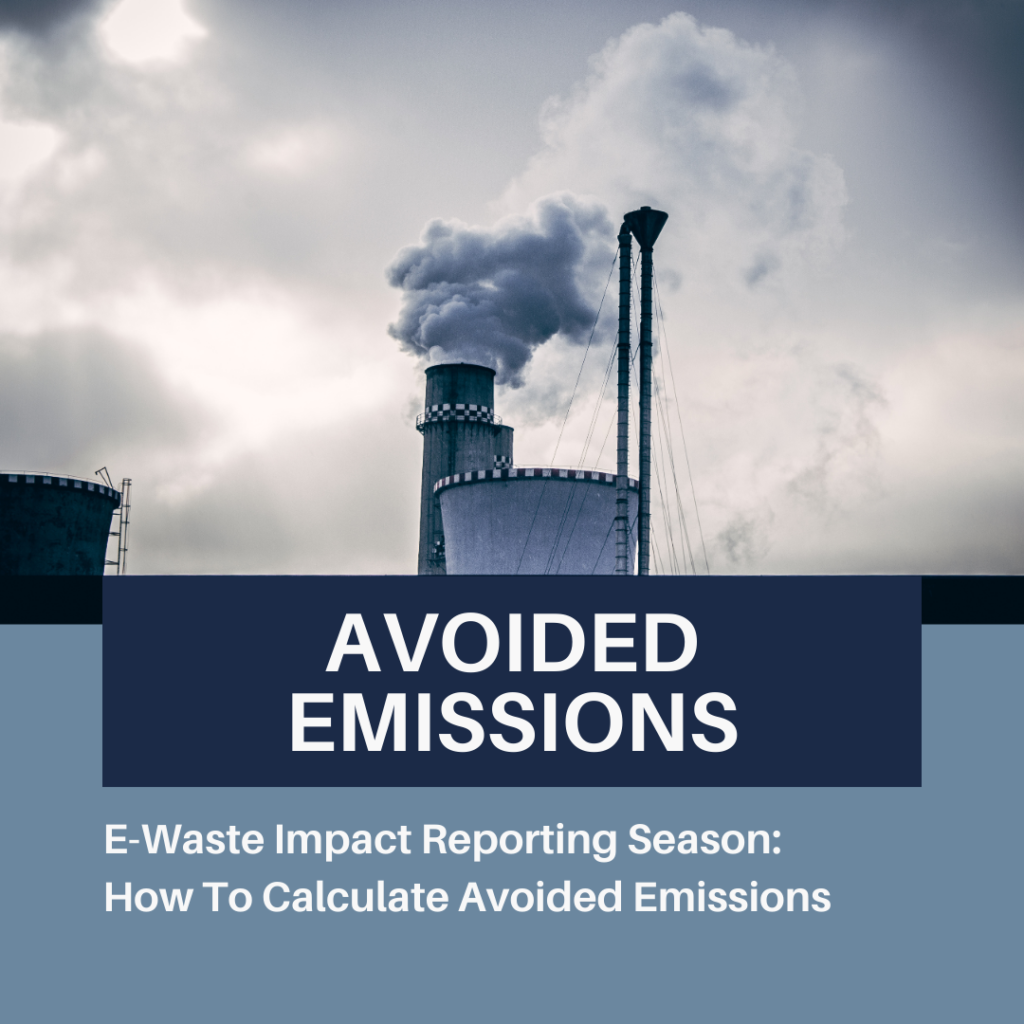The Challenge: Scope 3 emissions for Data centres are not being captured
The Governing Body of the iMasons Climate Accord, a program of Infrastructure Masons, has a goal of engaging suppliers serving the data center market to provide greater transparency in Scope 3 emissions reporting as global technology firms seek to reduce their industrial carbon footprint.
Players including AWS, Google, Meta and Microsoft released an open letter today as a call to adopt Environmental Product Declarations (EPDs), which determine the greenhouse gas emissions of a product through its entire lifecycle. This includes raw materials in the product (e.g., extraction, transportation and processing emissions), through to manufacturing, product use, and product end-of-life (e.g., landfill, re-use and recycling).
The challenge is working with suppliers to enable these targets to be met.
Environmental Product Declarations
EDPs represent the first step in the process: understanding lifecycle emissions for the product production, use and retirement. This three dimensional challenge can only be crystallised when suppliers who build technology collaborate with re-use and recycling processors (known as ITADs) to understand the complete impact of a server throughout its lifecycle.
Understanding emissions at every step in the process establishes the carbon footprint – and also highlight the opportunities for carbon reduction through better manufacturing processes and transport solutions.
What it should also seek to capture is the impact of avoided emissions generated through the re-use, or second life of the product, which can easily double the lifespan of the server. Scope 3 emissions represent up to 69% of the total emissions for a typical server. So the impact of re-use can make a real impact to net EDP emissions.
ITADs unlock the potential for scope 3 emission reductions
Through contractual re-use programmes run in facilities approved by eStewards and the R2 standard, technology firms can reduce net product emissions substantially.
Bloom has worked with leading ITAD players to launch a standard for measuring, reporting and verifying avoided emissions. Our insights have shown that re-use and recycling programmes offer the biggest opportunity for OEMs and their suppliers to reduce product emissions.
Jabil is a contract manufacturer that already builds circulatory into its solutions through a scheme called Design to Dust. Working with OEMs they are able to deliver data centre solutions they put reuse as the starting block of the product design process.
EPDs are an essential tool for the measurement of product-level emissions. And many of the solutions to reduce emissions already exist. From using smarter logistics solutions and renewable energy in its production and use – through to re-use and recycling.
Learn about avoided emissions here.
Get in touch to learn how verified avoided emissions can help reduce EPD footprints now.



